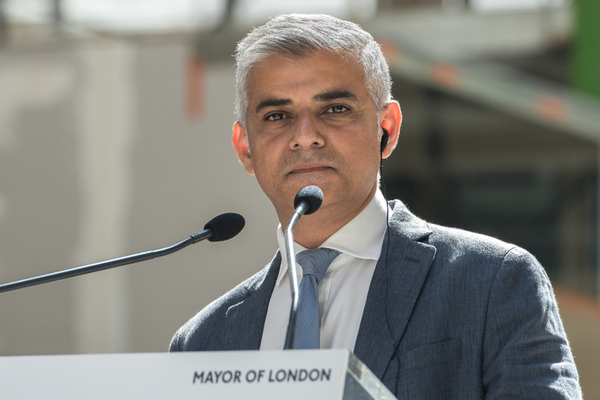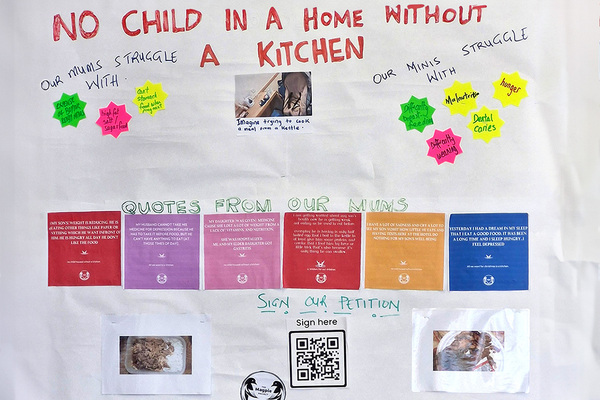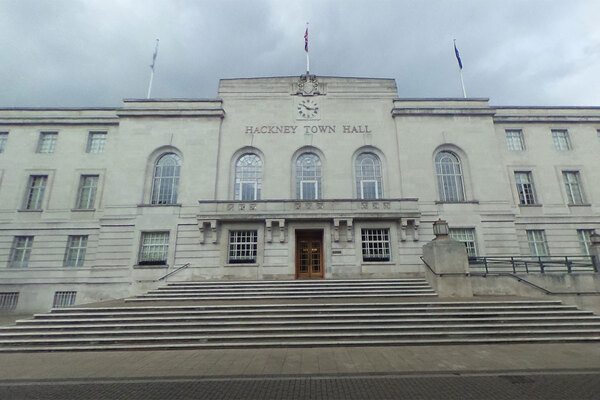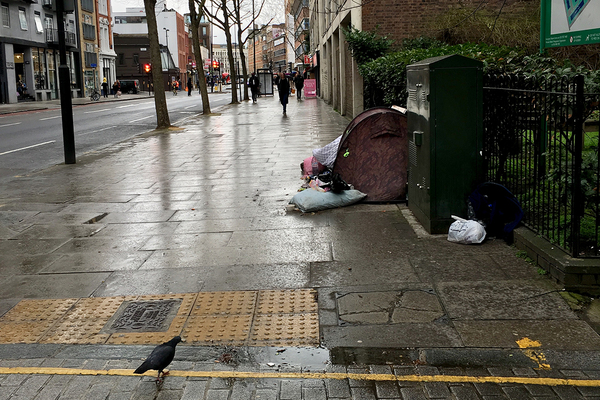
Steve Douglas is chief executive of St Mungo’s
Why the Next Steps Accommodation Programme is a once in a generation opportunity to tackle homelessness
The launch of the Next Steps Accommodation Programme is a positive move, but there is existing learning we must pick up on if the next phase of the battle against homelessness is to be successful, writes Steve Douglas
The launch of the Next Steps Accommodation Programme is to be welcomed. It brings both capital and revenue support, and the Ministry of Housing, Communities and Local Government (MHCLG) is keen to make sure that it can be used flexibly, which is good news.
St Mungo’s, along with many homelessness organisations, has spent the past few months ensuring that thousands of vulnerable people who were homeless on our streets were protected during the COVID-19 pandemic.
The Everyone In programme has been successful. MHCLG, regional and local authorities, including the Greater London Authority, housing associations and all involved should be praised for the outstanding joint efforts, which undoubtedly have saved many lives.
We are currently managing – on behalf of authorities – hotels across London, Brighton, Bristol and Oxford, and working with over 2,700 clients. During this time our teams, like others across the country, have continued supporting people to move on into more suitable longer-term accommodation. Our attention, and that of other organisations, has been in ensuring there is no cliff edge for those we are currently providing accommodation and support for. That is why this news is so welcome.
There is now, I think, a once in a generation opportunity to ensure that what we have learned through the pandemic is not lost but informs and shapes the sector’s thinking on the next steps and longer-term solutions.
For me, three things are top of that list.
First, collaboration between housing associations, local authorities and statutory agencies has been unparalleled. Local authorities have the strategic responsibility for homelessness, and housing associations and homelessness charities have had a key role in providing the rapid response assessments and accommodation.
Co-ordination between the three worked and, with public health agencies also at the table, we took problem-solving up a level.
Second, the agility of our response was something I’ve not seen before. We moved, for example, from managing emergency hubs with communal space to running hotels in a matter of weeks. We moved our communications network online in a matter of days. That agility served us well then and it should serve us well for the future.
Third, no one questioned whether we could do it. We just did. And we’ve had volunteers, including doctors and nurses, coming to the frontline to support our assessments, to ensure that we could make proper judgements on longer-term solutions for our many clients. We undertook risk assessments in real time. And we made it work.
There is now a challenge, though. St Mungo’s ‘No Going Back’ campaign helped to ensure there was no sudden ‘back to the streets’ moment for people temporarily housed in hotels and that steps were put in place to support positive outcomes for them longer term.
But I think this can equally apply to how the sector should be thinking about its response to the challenge of homelessness going forward.
We know we can expect a further spike in homelessness, as unemployment, evictions and the affordability of homes bites, and we also know local government will be under severe pressure on its own budgets and resources.
More money, of course, plays a part in any solution and we, along with the National Housing Federation, Shelter, local government and others, will campaign for more social homes in the next Spending Review, as well as revenue programmes for support, where it is needed.
However, we’ll be challenging ourselves, and the sector, to think differently about how we stem the flow of homelessness; how we respond quickly to those who are homeless or at risk of homelessness; and how we use the supply of new homes and existing homes to improving the life chances of some of the most vulnerable in our society.
Now is the time to think differently and work together to achieve our shared ambition of ending homelessness for good.
Steve Douglas, chief executive, St Mungo’s
More on coronavirus
To see all our coronavirus coverage to date – including the latest news, advice to providers, comment and analysis – use the link below.













